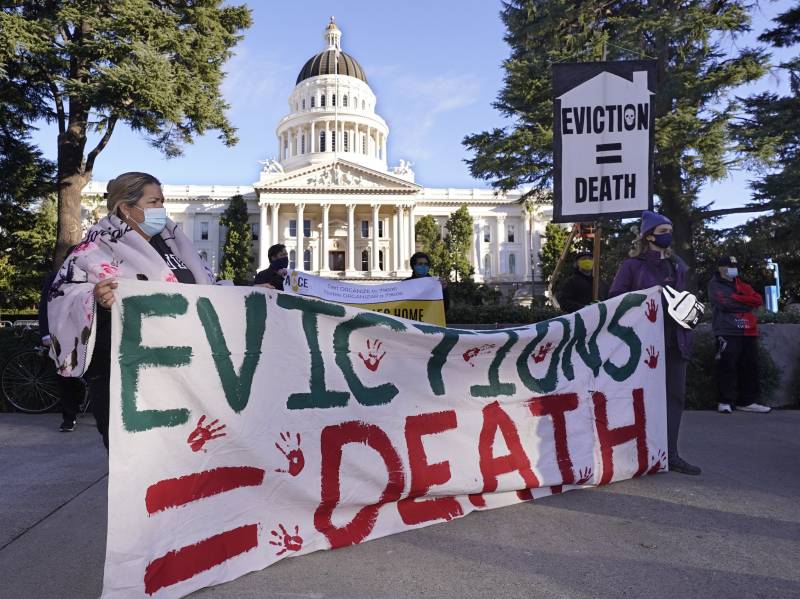But Roller said it's unclear whether the appeals court will issue a stay and which way the appellate decision may go. He said the Trump administration appointed many conservative federal judges who he suspects could rule against the government exerting this kind of power — telling landlords not to evict tenants during a public health emergency.
"It'll be a three-judge panel that will review this," Roller said. "It will depend greatly on which three judges get selected."
Meanwhile, the plaintiff in this latest case, the Alabama Association of Realtors, said it's pleased by the ruling.
The group's CEO, Jeremy Walker, said, "The ruling will bring much needed relief to struggling mom-and-pop housing providers across the country." He said the economy is growing again and getting back on its feet.
"Our focus is now on the implementation of emergency rental assistance to support tenants who continue to suffer from the effects of the pandemic as soon as possible," Walker said.
The U.S. Census Bureau says nearly 7 million Americans are still behind on rent. And while Congress has authorized about $50 billion in rental assistance money, the vast majority of it hasn't reached the people who need it yet.
So housing groups say that without the CDC order in place, many families will get evicted who might otherwise have avoided it. They worry these families could wind up homeless, just because they lost work during the worst pandemic in a century.
This story includes reporting from NPR's Chris Arnold and KQED's Molly Solomon.
Copyright 2021 NPR. To see more, visit https://www.npr.org.
9(MDAxOTAwOTE4MDEyMTkxMDAzNjczZDljZA004))

9(MDAxOTAwOTE4MDEyMTkxMDAzNjczZDljZA004))
